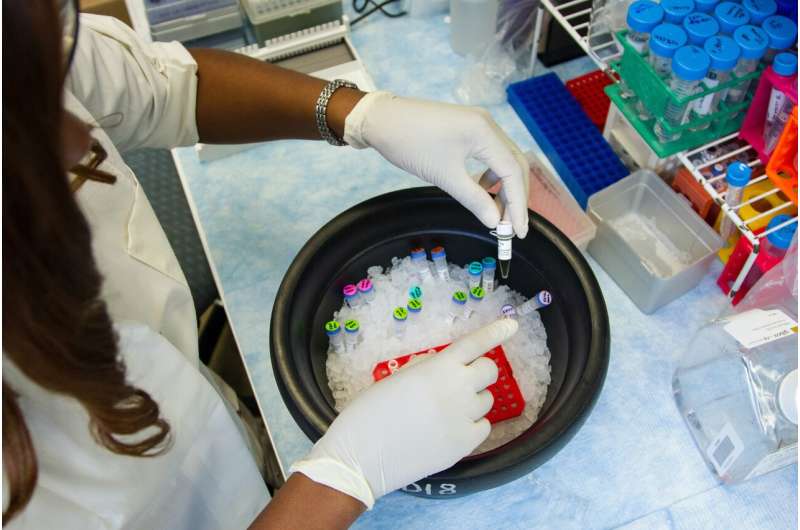Enhancing Long-Term Organ Transplant Success by Targeting Immune Cells

New research highlights the vital role of dendritic cells in promoting successful, long-term organ transplants. Innovative targeting of immune cells could pave the way for reduced immunosuppression and improved transplant longevity.
Recent research from Northwestern Medicine has shed light on the crucial role of specific immune cells in determining the success of organ transplants. The study focuses on type 1 conventional dendritic cells (cDC1), which are pivotal in orchestrating immune responses that either promote acceptance or rejection of transplanted organs. By understanding how these cells educate other immune cells, such as regulatory T-cells (Tregs), scientists see potential in developing targeted therapies to improve transplant outcomes.
In their experiments, researchers used mouse models deficient in cDC1 cells—these are cells that act as educators within the immune system, presenting foreign antigens to other immune cells and guiding responses accordingly. They observed that mice lacking cDC1 cells rejected transplanted hearts more rapidly and exhibited a reduction in Tregs, which normally help prevent immune overactivity. A key finding was the increased presence of TGF beta 1 protein on cDC1 cells, a molecule critical for cell growth and regulation. When scientists engineered mice lacking TGF beta 1 on cDC1 cells, these mice similarly displayed faster rejection of heart transplants, confirming the importance of this pathway.
The insights gained from this study open avenues for novel therapeutic strategies. For example, designing targeted treatments—like nanoparticles—that influence the metabolism and function of dendritic cells could enhance their capacity to promote immune tolerance. Such approaches might reduce the need for broad immunosuppressant drugs, which carry risks such as infections and organ damage.
Looking ahead, the research team plans to explore other subsets of dendritic cells and their roles in transplant tolerance. Understanding these basic immune mechanisms is fundamental for translating findings into effective clinical interventions that could significantly extend the longevity of transplanted organs and improve patient quality of life.
This groundbreaking work emphasizes the potential of precision immunomodulation to foster transplant acceptance and long-term success.
Source: https://medicalxpress.com/news/2025-08-immune-cells-term-survival-transplantation.html
Stay Updated with Mia's Feed
Get the latest health & wellness insights delivered straight to your inbox.
Related Articles
Breakthrough in Lung Transplant Technology: Portable Preservation System Enhances Outcomes for Extended Criteria Donor Lungs
Baylor College of Medicine confirms that the portable Organ Care System improves lung transplant outcomes from extended criteria donors, expanding the donor pool and benefitting recipients long-term.
Strategies to Halt the Spread of HIV in the Southern United States
The Southern United States has become a new hotspot for HIV infections. Increased education, testing, and access to treatment are vital to curbing this growing epidemic. Learn more about effective strategies to stop HIV in the South.
Impact of Access to Modern Diabetes Technologies and Insulin on HbA1c Levels in Children with Type 1 Diabetes
Access to advanced diabetes technologies and insulin significantly influences HbA1c levels in children with type 1 diabetes, with disparities affecting health outcomes worldwide. A new study emphasizes the need for global policy efforts to improve technology availability and reimbursement.



